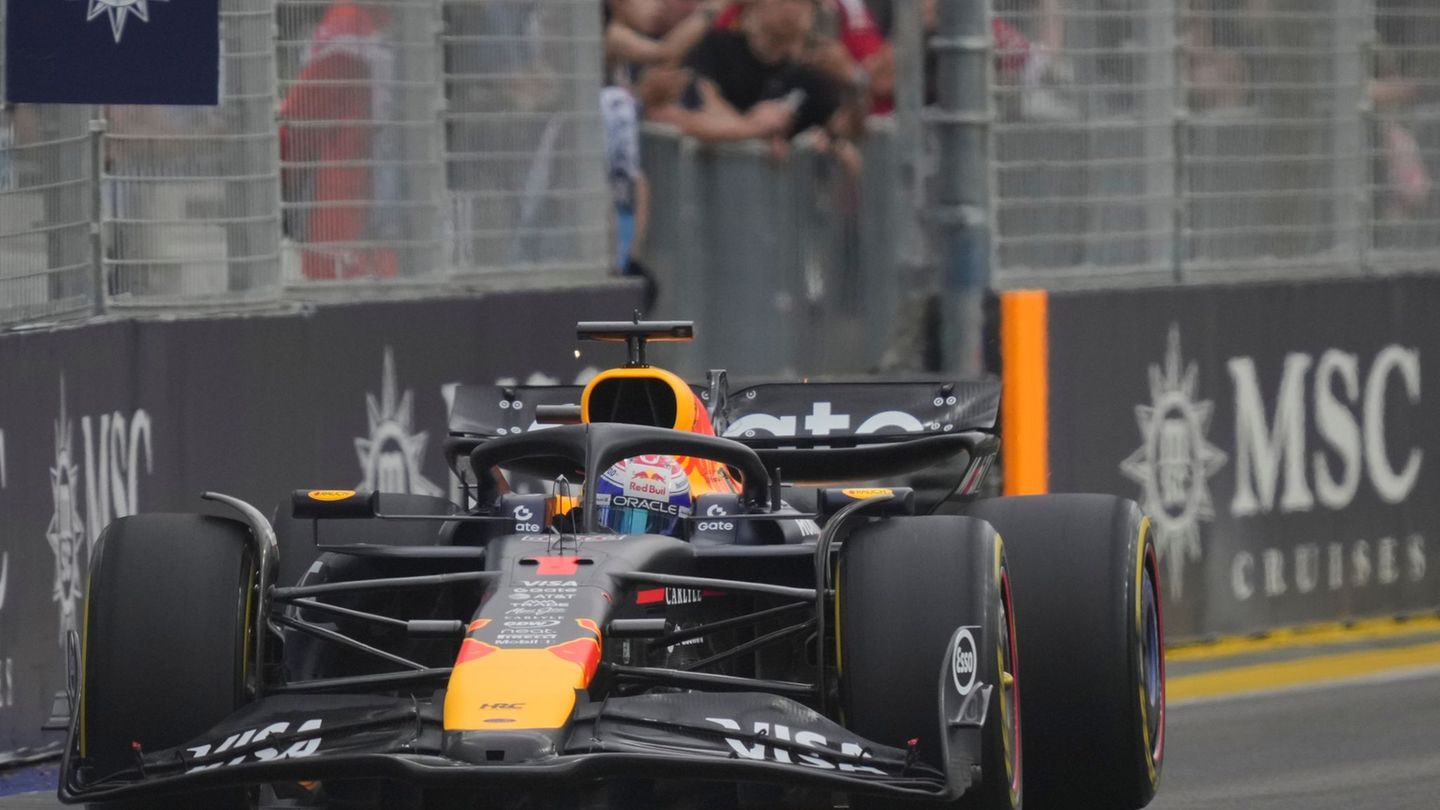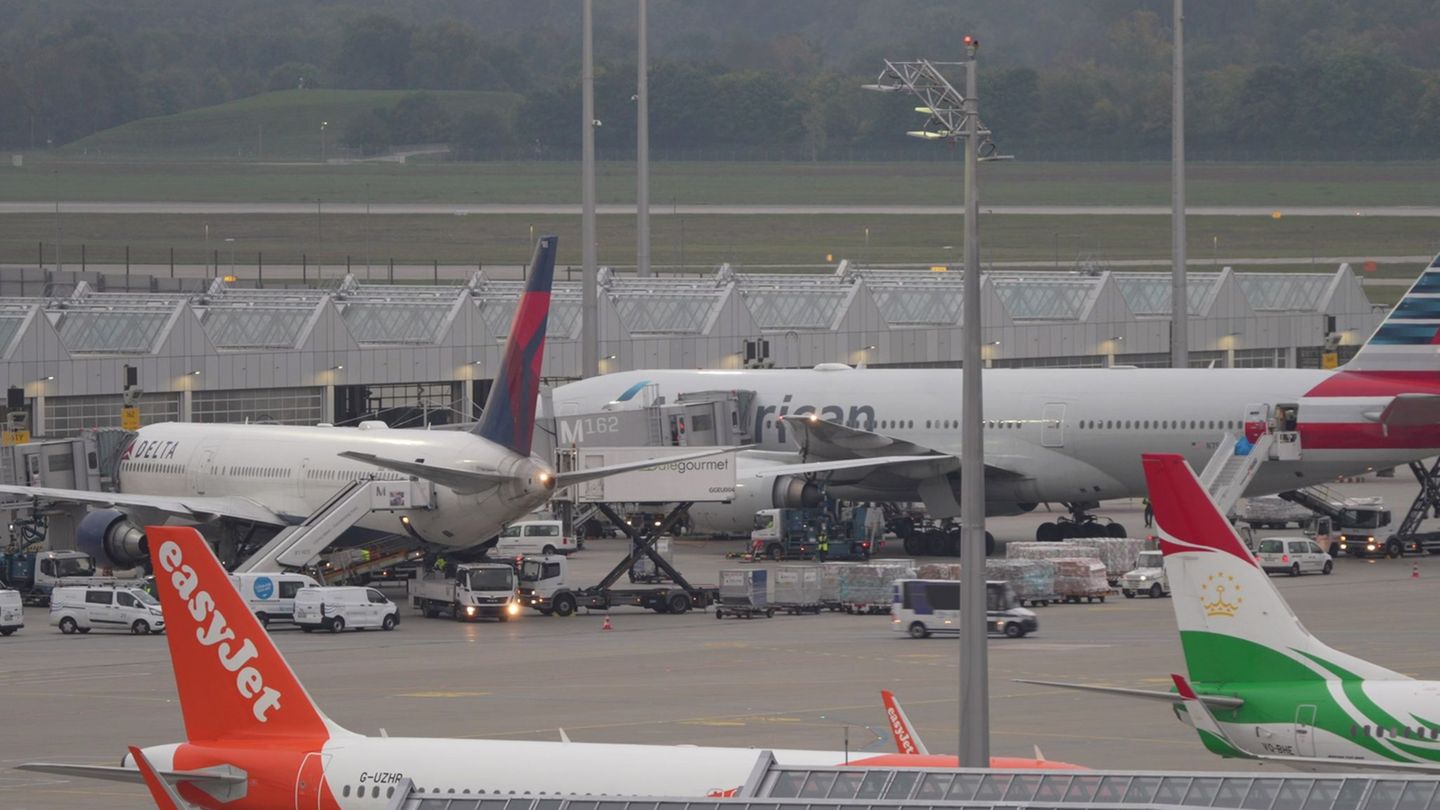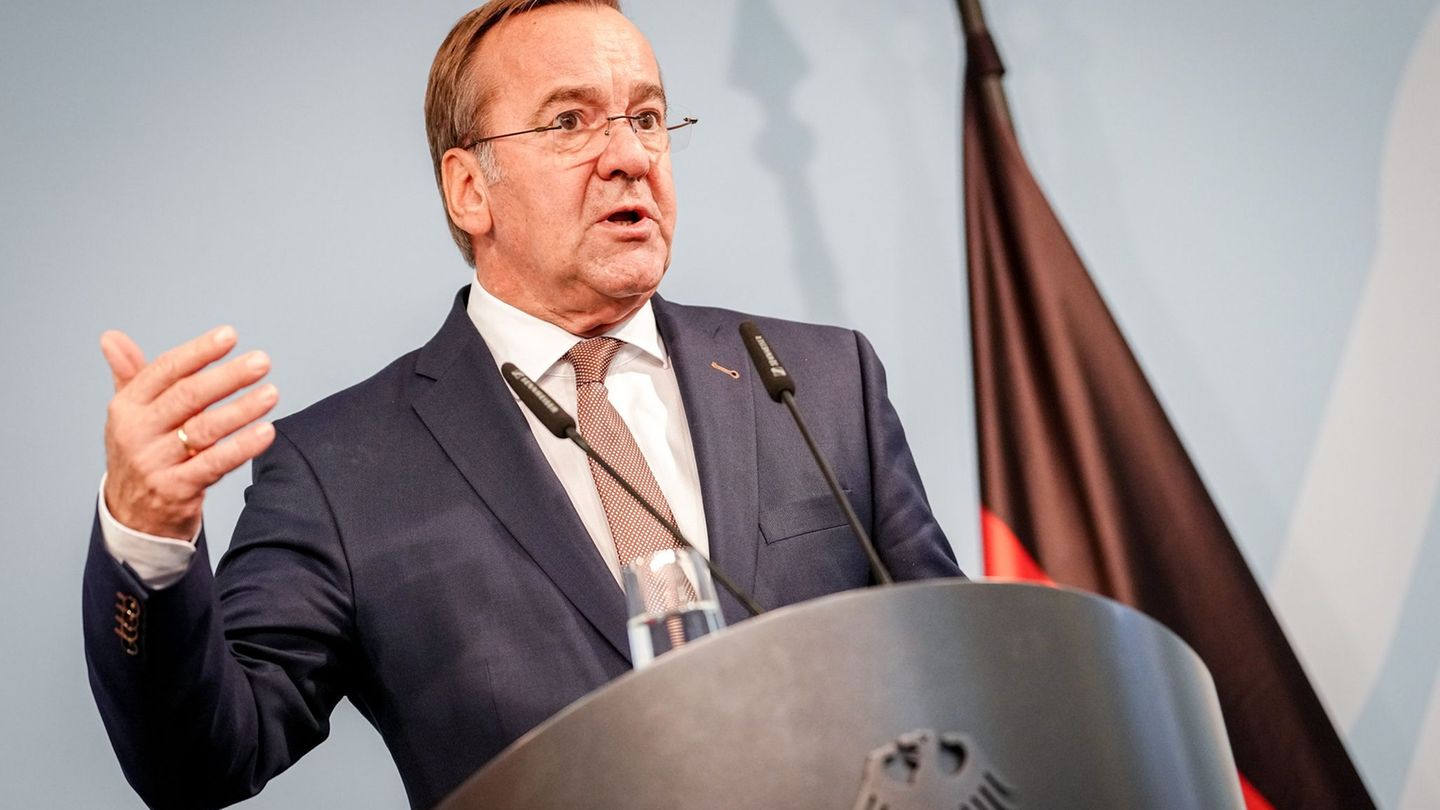They are actually at home in swarms in all of the world’s oceans. But in the Baltic Sea the stock of herrings has decreased dramatically. The EU Commission is sounding the alarm.
The EU Commission proposes to stop the targeted fishing of herring in the western Baltic Sea next year. The Brussels authority justified the advance on Thursday with the dramatic situation of the stocks.
According to scientific knowledge, they would be below the biologically safe limit in the western Baltic Sea. The catches for sprat, plaice and partly for cod should remain stable, however, as the proposal for fish quotas in the Baltic Sea in 2022 shows. The EU member states now have to negotiate the catches before they can be adopted by the Council of Ministers in October.
If the proposal is accepted, fishermen will only be able to catch herring in the western Baltic Sea as by-catch. A precise quota for “unavoidable by-catches” is still to be set. In the central Baltic Sea, the herring catch is to be reduced by more than half. Only in the Gulf of Riga does the situation allow an increase of 21 percent, the commission said.
In the case of cod in the eastern Baltic Sea, the authority is sticking to the previous upper limit. The stocks have not yet recovered despite reduced quotas. A proposal is still pending for the west of the Baltic Sea.
For sprat and plaice, the data would allow an increase, but the Commission advises caution to protect herring and cod as the fish are often caught together.
The quota proposals for salmon have been postponed until mid-September until the respective scientific reports are published.
Jane Stock is a technology author, who has written for 24 Hours World. She writes about the latest in technology news and trends, and is always on the lookout for new and innovative ways to improve his audience’s experience.




